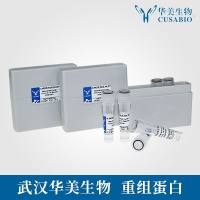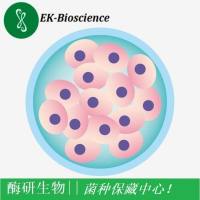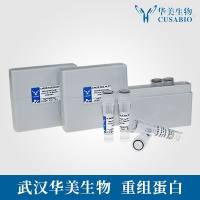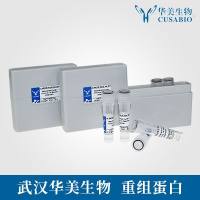Application of Molecular Techniques to the Study of Nosocomial Infections Caused by Enterococci
互联网
互联网
相关产品推荐

GLU-1D-1D/GLU-1D-1D蛋白/GLU-D1-1B蛋白/Recombinant Triticum aestivum Glutenin, high molecular weight subunit DX5 (GLU-1D-1D), partial重组蛋白
¥69

灰色链霉菌/灰色链霉菌/IMAS Study Class M4.3
¥1500

Hs APOPTOTIC PTHWYS CAUSED BY HIV1, FAST
¥4059.87

MUC5B/MUC5B蛋白Recombinant Human Mucin-5B (MUC5B)重组蛋白MUC-5B;Cervical mucin;High molecular weight salivary mucin MG1;Mucin-5 subtype B, tracheobronchial;Sublingual gland mucin蛋白
¥1836

Recombinant-Hordeum-vulgare-Low-molecular-mass-early-light-inducible-protein-HV60-chloroplasticLow molecular mass early light-inducible protein HV60, chloroplastic; ELIP
¥9968
相关问答

